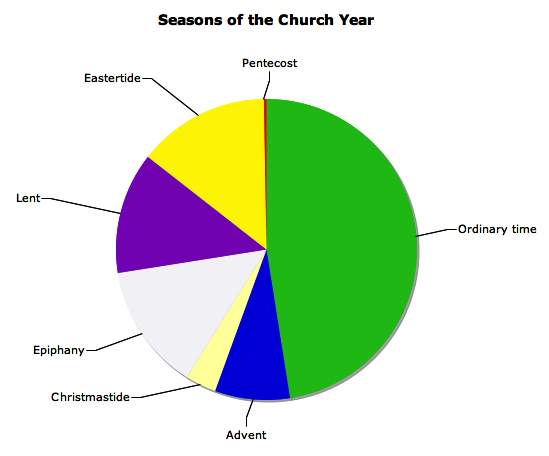Advent and Christmas – are they different?
How are you preparing for the coming holiday season?
You might not notice a difference between Advent and Christmas in the North American evangelical church. In liturgical churches, the differences are often distinct. So what is Advent?
Advent – anticipating Christ’s coming
The liturgical church year begins with Advent. The emphasis is preparing for Christ’s coming, a time of anticipation and expectation. Often, the scripture focuses on the prophets, foretelling the coming of the Messiah. During Advent, we remember those prophecies and contemplate the completion of redemption when Jesus returns to renew all creation. Advent is more reflective than celebratory.
Advent begins the last Sunday in November and is typically marked by the lighting of candles, one each week, for four weeks. The candles represent hope, peace, joy, and love.
Christmas – celebrating Christ’s birth
In liturgical churches, Christmas begins on December 25 and lasts twelve days … hence the song, “The Twelve Days of Christmas.” At Christmas, we celebrate the birth of our Savior, His coming as both human and divine, to be our kinsman-redeemer.
Why might we choose to distinguish between Advent and Christmas? Celebrating Advent helps slow us down and create a more reflective, peaceful preparation for Christmas. It also helps us focus on the Christmas celebration’s true meaning. Then extending Christmas for twelve days can help us focus on a season of time vs. a one-day extravaganza. It also allows us more time to enjoy Christmas together.
Epiphany – experiencing the glory of Christ
One more day to think about is Epiphany, or Three King’s Day celebrated on January 6. The tradition behind that day is celebrating the day the wise men visit Jesus and give Him gifts. The prophet Isaiah writes, “nations will come to your light, and kings to the brightness of your dawn.” Christ is revealed or manifested to the Gentiles, which is good news for you and me. For many, it is the culminating celebration of the Christmas season.
He has saved us and called us to a holy life—not because of anything we have done but because of his own purpose and grace. This grace was given us in Christ Jesus before the beginning of time, but it has now been revealed through the appearing of our Savior, Christ Jesus, who has destroyed death and has brought life and immortality to light through the gospel.
2 Timothy 1:9-10
Epiphany is a day and a season. The season of Epiphany ends the week of Ash Wednesday and the beginning of Lent. Epiphany focuses on the life and ministry of Jesus, His baptism, His seeking and saving the lost, and our discipleship.
I did not grow up in a liturgical church or attend one now. But when we vacation at the beach, we have fallen in love with a gospel-centered Anglican church and are learning from our Anglican friends about the church year. I am intrigued by the rhythms, prayers, and structure that the church year provides. Even now, preparing my heart for this holiday season, I want to slow down and fully experience all God has done.
I am curious, dear readers, do you observe Advent? Celebrate Christmas for twelve days? Experience an Epiphany feast?
Tomorrow I’ll share a few favorite Advent/Christmas books on my book table!
Now is a great time to subscribe to the blog. When you subscribe, each post will arrive in your email inbox. No spam, no selling … just a blog post. And you can unsubscribe at any time.
